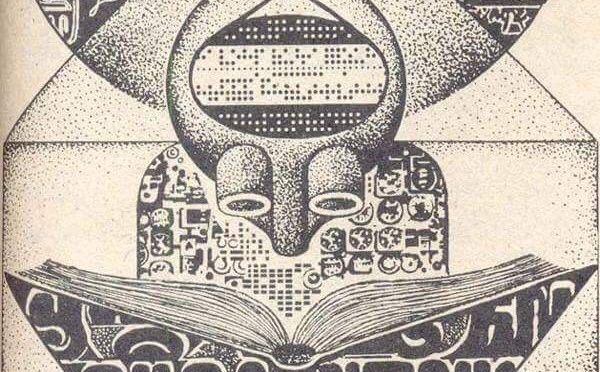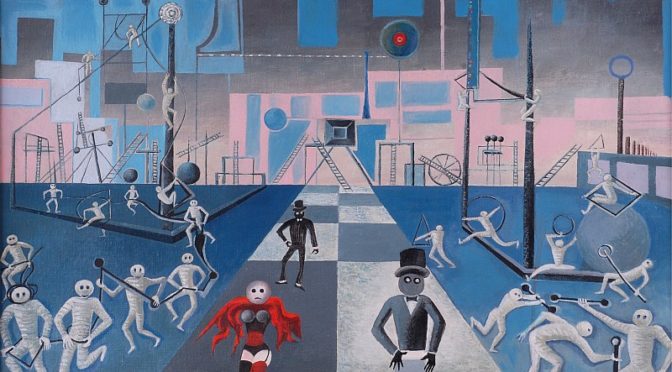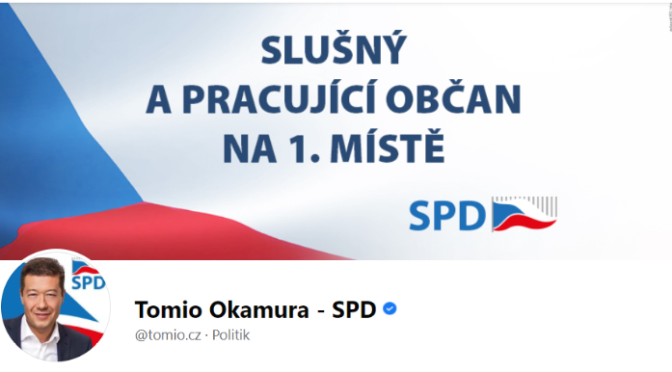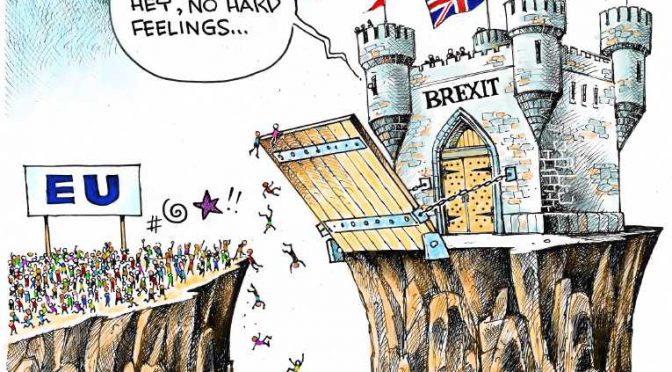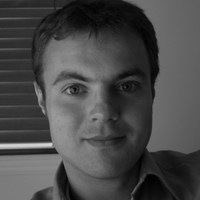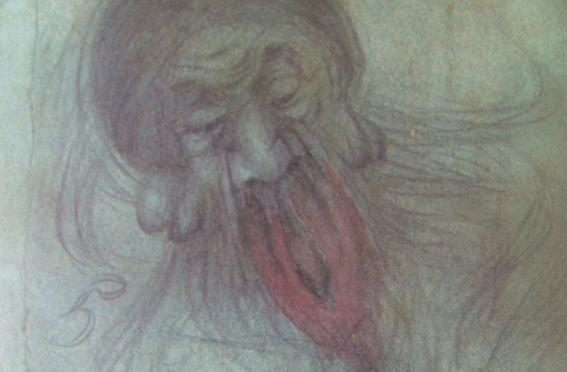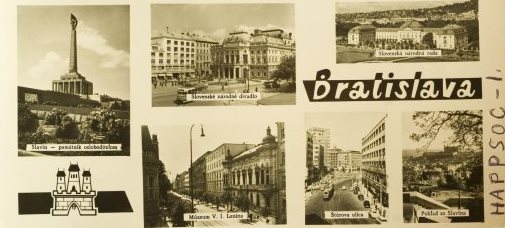A workshop organized by CEFRES and the CNRS research group “Knowledge on Central Europe” (GDR CEM)
Venue: CEFRES, Na Florenci 3, 3rd floor, conference room
Language: French (English)
Organizers: Clara Royer (CEFRES), Nadège Ragaru (CERI-Science Po) & Antoine Marès (Panthéon-Sorbonne University)
Read the call for papers in French or in Czech
Temporary Program
Thursday 15 June
1:30 Welcome by Clara Royer, director of CEFRES
Antoine Marès : Présentation du GDR Connaissance de l’Europe médiane
Panel I. Literary Creation: Canonic or Transgressive (P)Act?
Discussants: Eva Beránková & Paweł Rodak
2.00 Dimitri Garncarzyk (Université Sorbonne Nouvelle Paris 3 / CERC) : La norme comme idéal : éloge et apologie des règles dans le classicisme polonais, de Dmochowski à Śniadecki
2.20 Lucia Bonora (UČL AV ČR) : La transgression comme modus vivendi : le décadentisme tchèque et le dépassement des règles
2.40 Discussion
3.00 Clara Royer (CEFRES) : Littérature des camps et écriture iconoclaste : Imre Kertész contre Jorge Semprun
3.20 Kinga Callebat (Université Paris-Sorbonne / EUR’ORBEM) : La transgression comme norme ? La re-lecture de textes canoniques de la culture polonaise par les prosateurs de la fin du XXe et du début du XXIe siècle
3.40 Discussion
—- Break —-
Panel II. Intimacy and Writing: Asserting the Self Against Which Norms?
Discussant: Clara Royer
4.30 Malgorzata Smorag-Goldberg (Paris-Sorbonne University / EURORBEM) : Exhiber l’ossature du temps ou des usages transgressifs de la succession dans les écrits intimes : Kronos de Witold Gombrowicz
4.50 Paweł Rodak (Centre de Civilisation polonaise – Paris-Sorbonne University) – Transgression et résignation dans les journaux d’Edward Stachura : à la frontière de la vie, à la frontière de la littérature
5.10 Discussion
Friday 16 June
Panel III. Bodies and Souls
Discussants: Marie-Élizabeth Ducreux
9.00 Daniela Tinková (FF UK): Le suicide entre la norme religieuse, pénale et médicale dans la monarchie des Habsbourg et en France entre le XVIIe et le XIXe siècle
9.20 Filip Herza (CEFRES / FHS UK): Staging Transgressions: Freak Shows in the 19th-Century Prague
9.40 Mateusz Chmurski (Université Libre de Bruxelles / EUR’ORBEM): Une trop bruyante intimité ? Kronos de Witold Gombrowicz et sa réception polonaise
10.00 Discussion
—- Break —-
Panel IV. Between Defiance and (Re-)Negociations
Discussants: Antoine Marès and (to be confirmed)
10.45 Étienne Boisserie (Inalco): Contestation et stratégies d’évitement de la contrainte morale et matérielle dans l’Autriche-Hongrie en guerre : outils et temporalités
11.05 Alessandro Milani (EPHE / CEFRES-FMSH / Centre Marc Bloch): La gestion des minorités dans la Seconde République de Pologne entre normes et désobéissance civile : le cas galicien
11h25 Discussion
—- Break —-
Discussant: Jiří Hnilica (PedF UK)
12.10 Paul Gradvohl (Lorraine University): Les discours sur l’histoire en Europe centrale : du national comme norme
12.30 Jana Vargovčíková (FF UK / Paris-Nanterre University): Le scandale comme fabrique de sens et arène de politisation : le lobbying polonais dénoncé et défini à travers les récits de transgression
12.50 Discussion
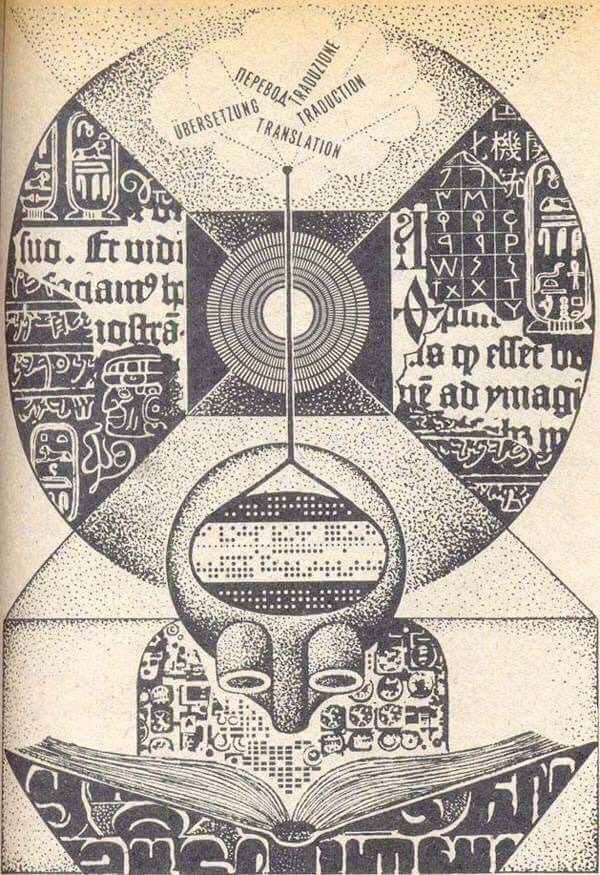 Third session of the common epistemological seminar of CEFRES and IMS FSV UK, led by
Third session of the common epistemological seminar of CEFRES and IMS FSV UK, led by
